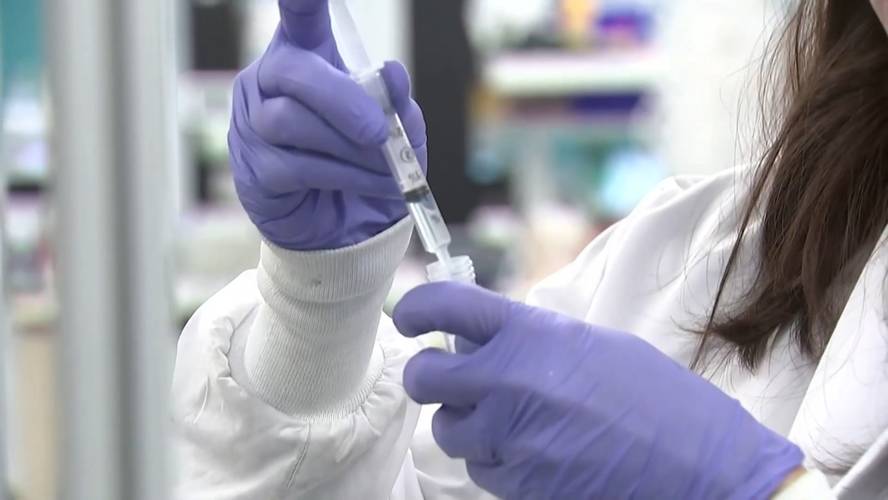Create an ethical distribution model of covid-19 vaccine

In order for the COVID-19 vaccine to be distributed ethically, a group of international ethics experts have drawn up a proposal, endorsed by the World Health Organization. Known as the Fair Priority Model, it has been published in the journal Science.
Both in society and among experts, it is being discussed about who to immunize first through the possible vaccine. Two options stand out: For example, WHO proposes that doses be received in proportion to the population of countries. Others believe that seniors and health personnel should have priority.
According to the authors of the model, these two strategies present gaps: although the distribution by population seems equitable, the disease has not gone in the same way everywhere, so in the first place the vaccine should be redirected towards the most disadvantaged areas.
To understand the needs, in addition to measuring the state of health of the population of each country and the effect of covid-19, it has been proposed to consider three basic values: to favor the people and to alleviate the damages; to give priority to the; and to have the same moral responsibility with all people.
Along with this, they have agreed that three types of covid-19 damage should be attempted: death and permanent organ damage; side effects for health, such as the generation of stress and stress in the health system; and economic catastrophe.
Also responsible for implementing the model have been designated: WHO, political authorities and producers. In addition, it has been determined when a vaccinated country should yield to third parties: once the reproduction number (R0) is less than 1 per vaccination, there is no reason to save the vaccine, so it should be given to other countries.
According to a questionnaire by the Spanish Foundation for Science and Technology (FECYT), 68% of the population would be vaccinated. The main causes of rejection are two: A 32% believe it has developed too quickly and does not want to be the first, and 12.7% fear side effects.
>> Extensive report on the covid-19 vaccine in the September journal: covid-19 vaccine: health sovereignty or social responsibility





